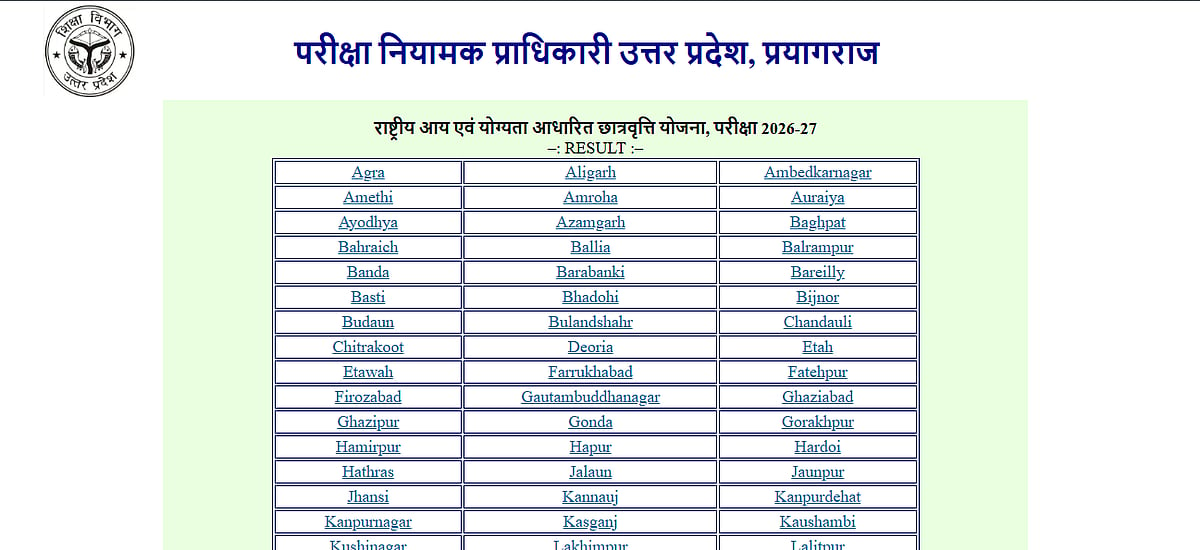The UK government has confirmed it will retain the graduate visa route, which allows international students to work or seek employment for up to two years after graduation, or three years for those pursuing a PhD. The announcement follows the Migration Advisory Committee (MAC) report, published last week, which recommended maintaining the graduate route.
The Home Office will instead focus on tightening regulations on recruitment agents and raising compliance standards for educational institutions.
The government declared that rogue agents exploiting international student recruitment will have their business model "smashed" and universities failing to meet stricter compliance standards risk having their sponsor licences revoked. This includes universities enrolling students who fail visa checks or do not complete their courses. Additional measures include increasing financial maintenance requirements, reviewing English language assessments, and imposing restrictions on remote course delivery. The route will "remain under review" due to concerns it is not attracting high earners, with many graduates ending up in low-income jobs.
Lord Karan Bilimoria, Chancellor of the University of Birmingham, has been a strong advocate for international student opportunities and has consistently urged the UK government to maintain an open approach to student and post-study work visas. During a recent visit to India, Lord Bilimoria, while expressing his support for the graduate visa route, said, “I know how hard parents of children who study abroad from India sacrifice to be able to pay for their children to study abroad, the loans that they have to take out. And to have the opportunity to work for two years after your studies in the UK, earn some money, help pay for your studies, get some valuable work experience, continue to build bridges with the UK and India, is phenomenal.”
He emphasised the competitive nature of international education, highlighting that countries like Australia, Canada, the United States and various European countries offer attractive post-graduate work opportunities. According to him, the UK needs to provide appealing post-graduation work options, like the two-year graduate route visa.
He highlighted the importance of distinguishing between immigrants and temporary migrants, stating, “The most popular course for international students at universities in the UK is the one-year master's degree. Every one of those one-year master's degree students is treated as an immigrant. But they're not immigrants. They are temporary migrants... when they present the figures domestically, they exclude international students and treat them as temporary migrants. That reduces the net migration figure drastically. In the UK, the net migration figure has reached 700,000, which is very high for a country of just 68 million people. The public gets alarmed by these high net migration figures. Yet, on the other hand, surveys consistently show that two-thirds of the public value international students and appreciate them."
Addressing the MAC report, Lord Bilimoria reiterated that the report said very clearly in bold writing to keep the graduate route as it is. It suggested some improvements when dealing with the recruitment, with the agents, all of which can be dealt with.
Lord Bilimoria also warned of the financial troubles facing universities, noting a 63% reduction in deposits for master's courses for the upcoming academic year. He explained, “If the graduate route were removed, restricted, that would mean financially a disaster for many of our

universities. Because there has been severe inflation went up to 11% 18 months ago and that has meant that the £9,250 in real terms is only worth £6,000 and universities lose money teaching undergraduates in the UK.”
He emphasised the crucial role of international students in the financial health of universities, stating, “When it comes to undergraduates, 85% are domestic students, only 15% are foreign students. When it comes to postgraduate students, over 40% are foreign students. And it's those foreign students that quite frankly keep many of the postgraduate courses going. Without those foreign students, we would not be able to offer many postgraduate courses. Foreign student fees are an average of two to three times higher than the £9,250, it's the foreign students that help to subsidise that loss that universities make. There are quite a few universities that might go bust. And that would be disastrous.”





